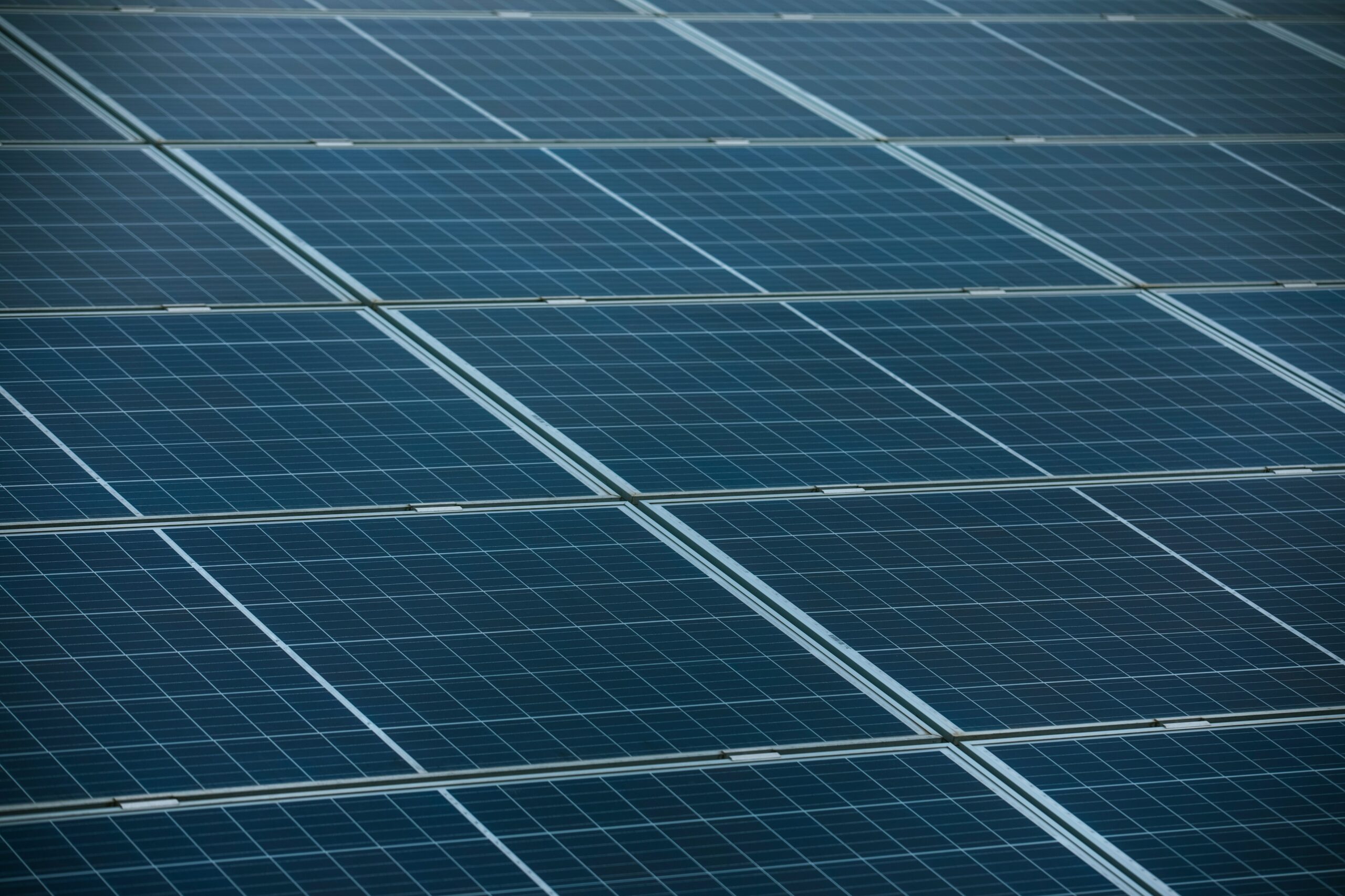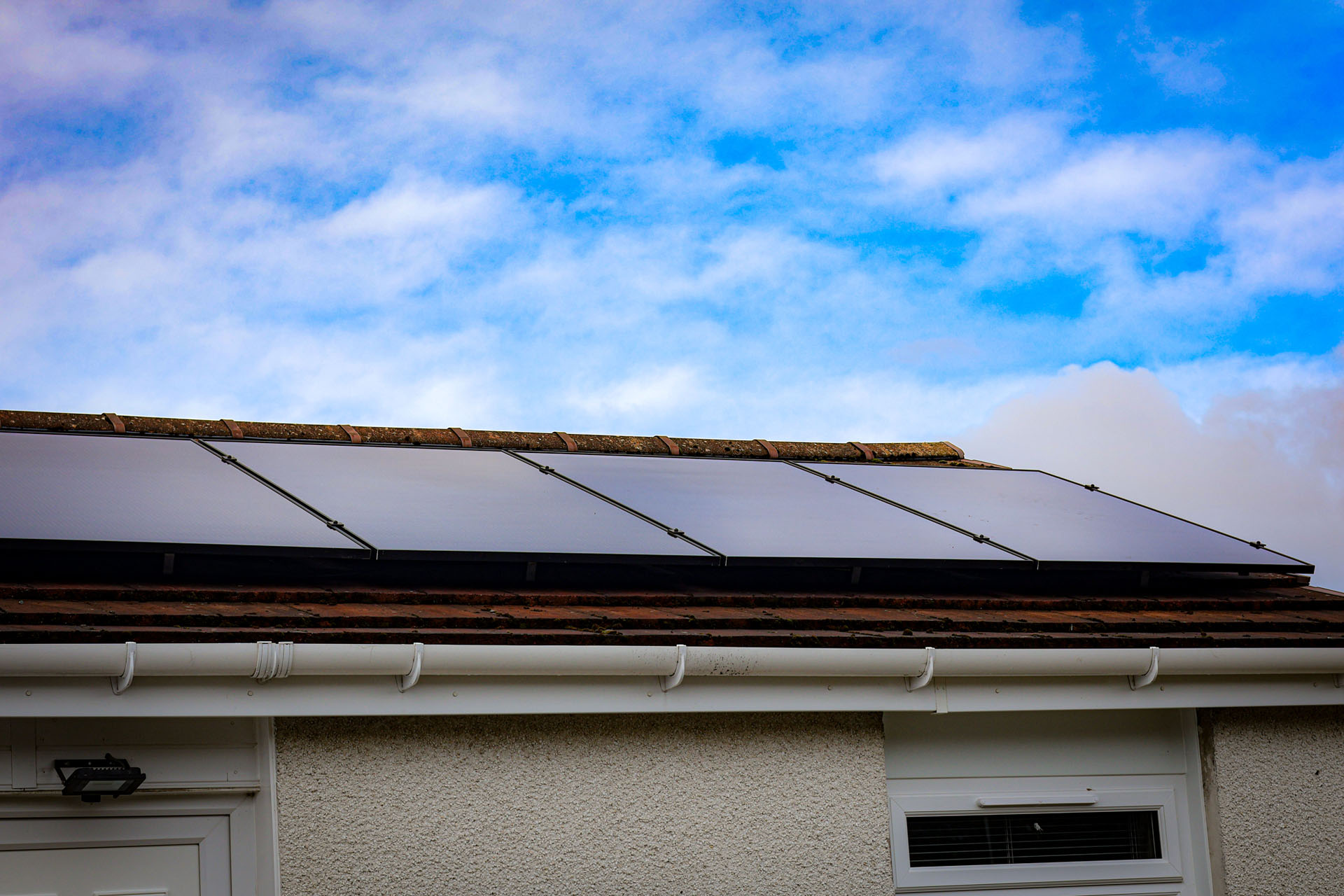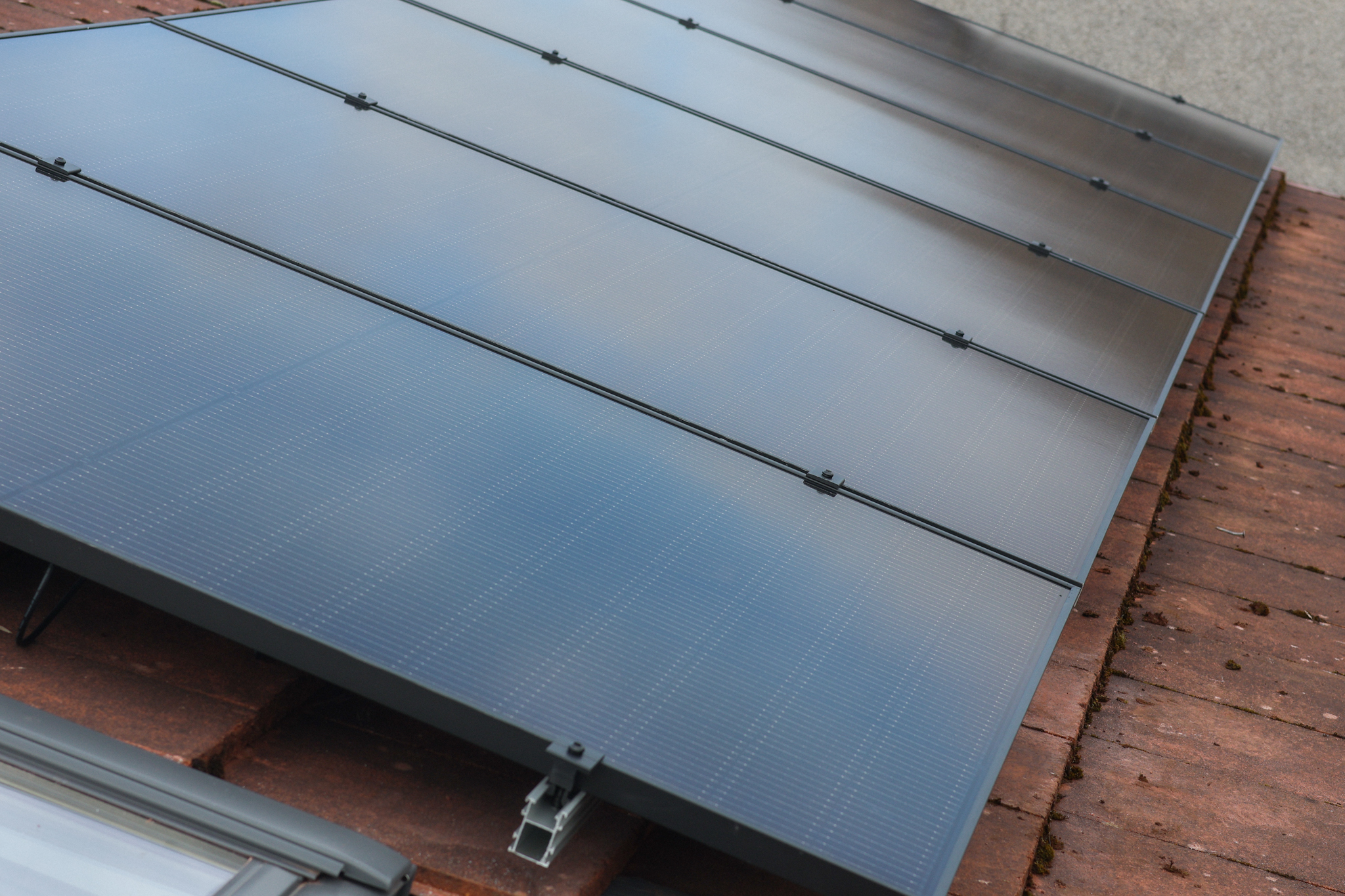Introduction
Scotland’s agricultural sector is facing a transformative era, with renewable energy sources playing a pivotal role. Solar energy, in particular, is emerging as a game-changer for farmers. But why is it so significant for agriculture, especially in a place like Scotland? Let’s delve into this fascinating topic.
Why Solar Energy?
Environmental Benefits
Solar energy is a clean, renewable source that significantly reduces greenhouse gas emissions. Unlike fossil fuels, it doesn’t produce harmful pollutants, making it a green alternative that helps combat climate change.
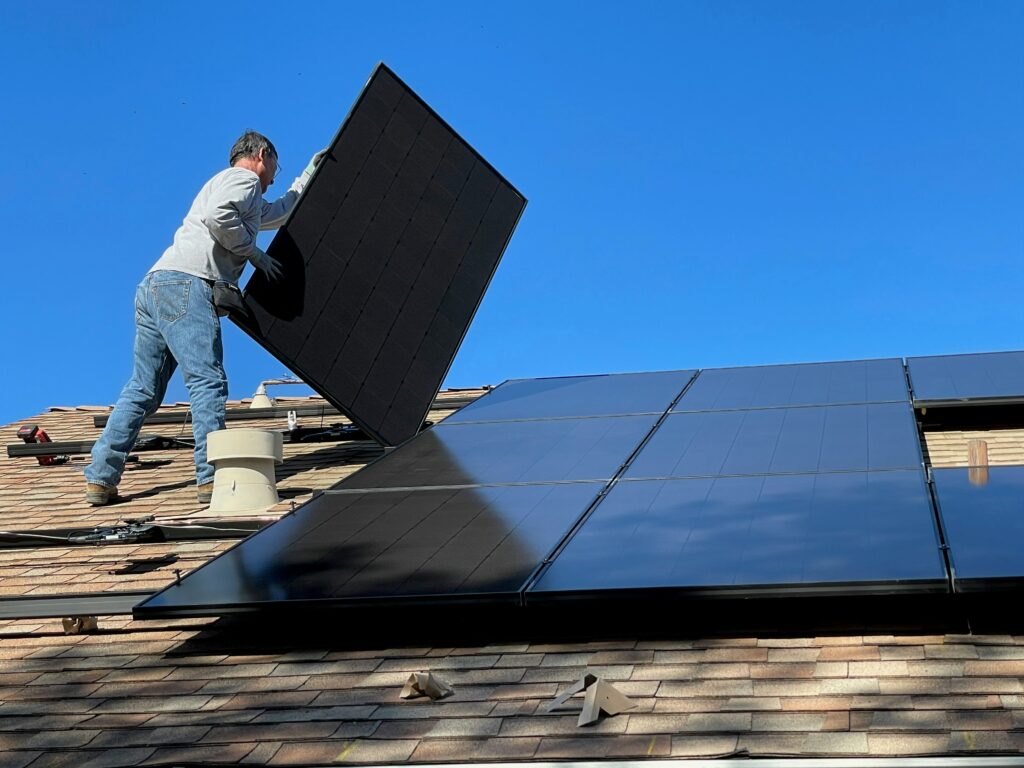
Economic Advantages
Farmers can save a considerable amount on energy bills by switching to solar power. Once the initial setup is done, solar energy is practically free. Additionally, surplus energy can be sold back to the grid, creating an extra revenue stream.
Technological Advancements
Technological improvements have made solar panels more efficient and affordable. Innovations in energy storage mean that farmers can now store solar energy for use during cloudy days or at night, ensuring a reliable energy supply.
Current State of Agriculture in Scotland
Overview of Scottish Farming
Scotland is known for its rich agricultural heritage, with farms producing a variety of crops and livestock. However, the sector faces numerous challenges, including high energy costs, and the need for sustainable practices. Farmers in Scotland often struggle with rising energy prices, which eat into their profits.
Economic Benefits for Farmers
Cost Savings on Energy
Solar energy can drastically cut down the cost of electricity for farmers. This is especially beneficial for energy-intensive operations such as dairy farming or crop irrigation.
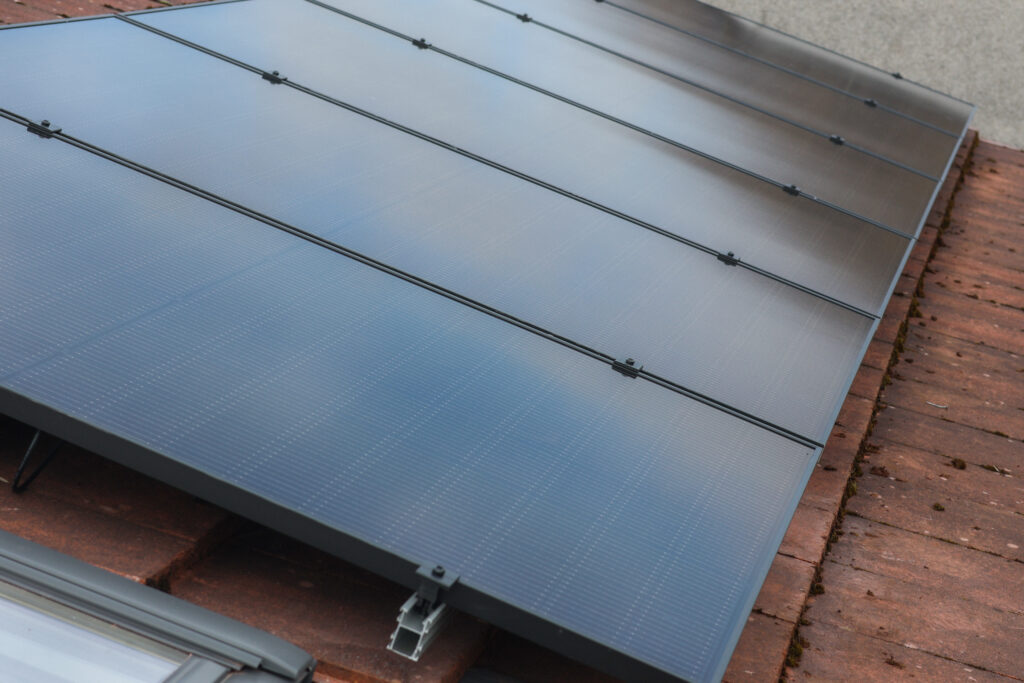
Increased Property Value
Farms equipped with renewable energy systems tend to have higher property values. This can be an added advantage if a farmer decides to sell or lease their property in the future.
Environmental Impact
Reduction in Carbon Footprint
By using solar energy, farmers can significantly reduce their carbon footprint. This not only helps in the fight against climate change but also meets the growing consumer demand for sustainably produced goods.
Solar energy reduces the reliance on fossil fuels, thereby conserving natural resources. This is crucial for ensuring the long-term sustainability of farming operations.
Technological Innovations
Advances in Solar Panel Efficiency
Modern solar panels are far more efficient than their predecessors. They can convert more sunlight into electricity, making them a more viable option even in less sunny regions like Scotland.
Energy Storage
Innovations in energy storage mean that farmers can now store solar energy for later use with batteries. This ensures a continuous power supply, regardless of weather conditions.
Challenges and Solutions
Initial Investment Costs
The initial cost of installing solar panels can be high. However, the savings on energy bills can help mitigate these costs in the long term.
Maintenance and Technical Expertise
Solar panels require minimal maintenance, but this is provided in our comprehensive aftercare package. They require annual cleaning and checks but done by a professional solar company, this can ensure your system always runs optimally.
Overcoming Weather Dependency
Advancements in solar technology and energy storage solutions have made it possible to generate and store energy even in less-than-ideal weather conditions in Scotland. This ensures a reliable energy supply year-round.
Future Prospects
Predictions for Solar Energy in Agriculture
The future looks bright for solar energy in agriculture. As technology continues to advance and costs decrease, more farmers are likely to adopt solar energy solutions.
Potential for Growth and Development
There is immense potential for growth and development in this sector. Increased adoption of solar energy can lead to a more sustainable and profitable agricultural industry in Scotland.
How to Get Started
Assessing Energy Needs
The first step for any farmer considering solar energy is to assess their energy needs. This involves understanding current energy consumption and identifying areas where solar energy can be most beneficial. Our experienced team will assess this at your survey, and advise on the best system for your energy requirements.
Finding the Right Solar Solutions
There are various solar energy solutions available, from small-scale installations to large solar farms. Farmers should choose the option that best suits their needs and budget.
Installation Process
The installation process involves several steps, including site assessment, system design, and installation. Working with experienced professionals like Source Energy Solitions can ensure a smooth and efficient installation.
Interested in solar energy for agriculture? Get in touch with one of our team today.
